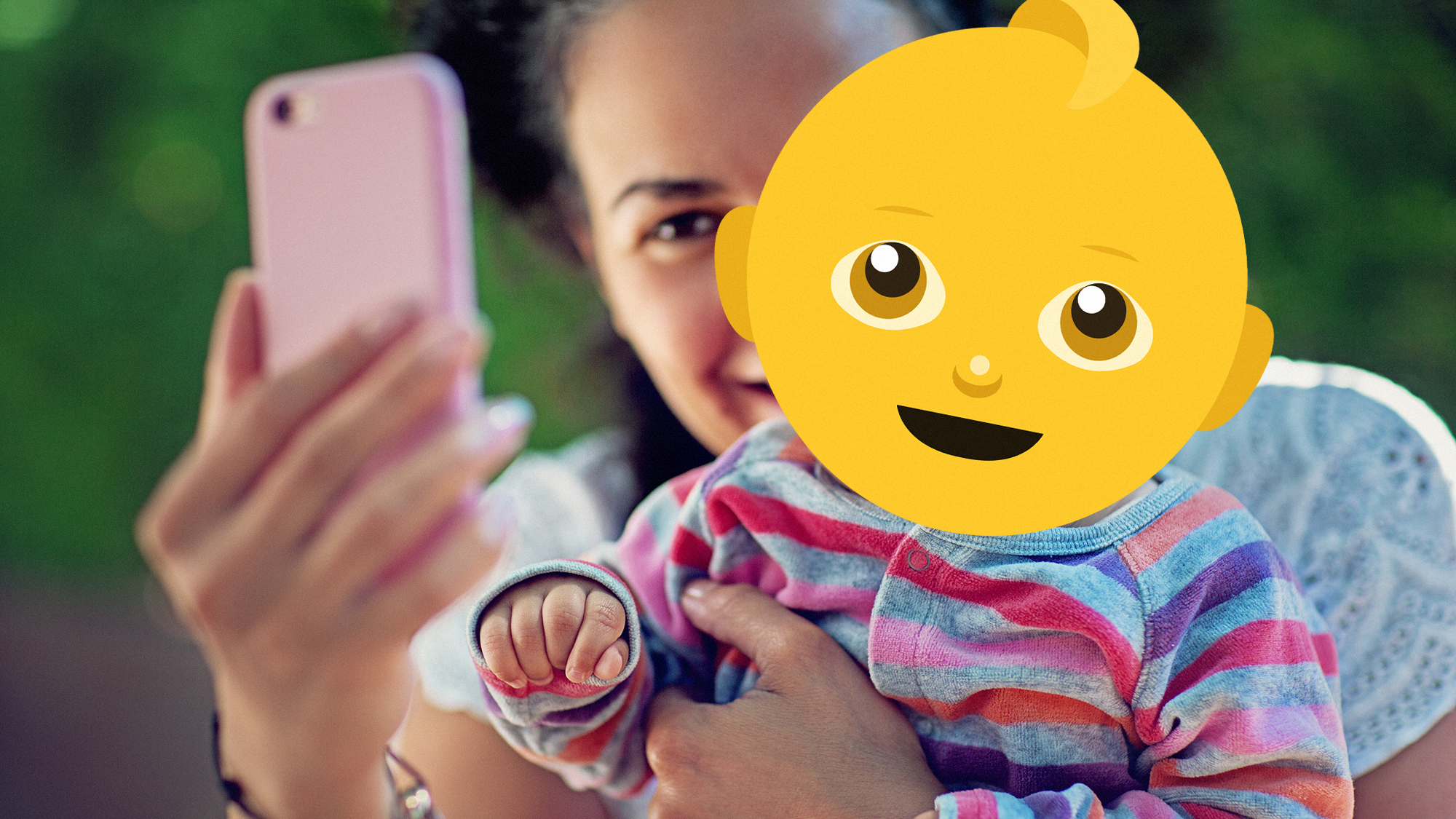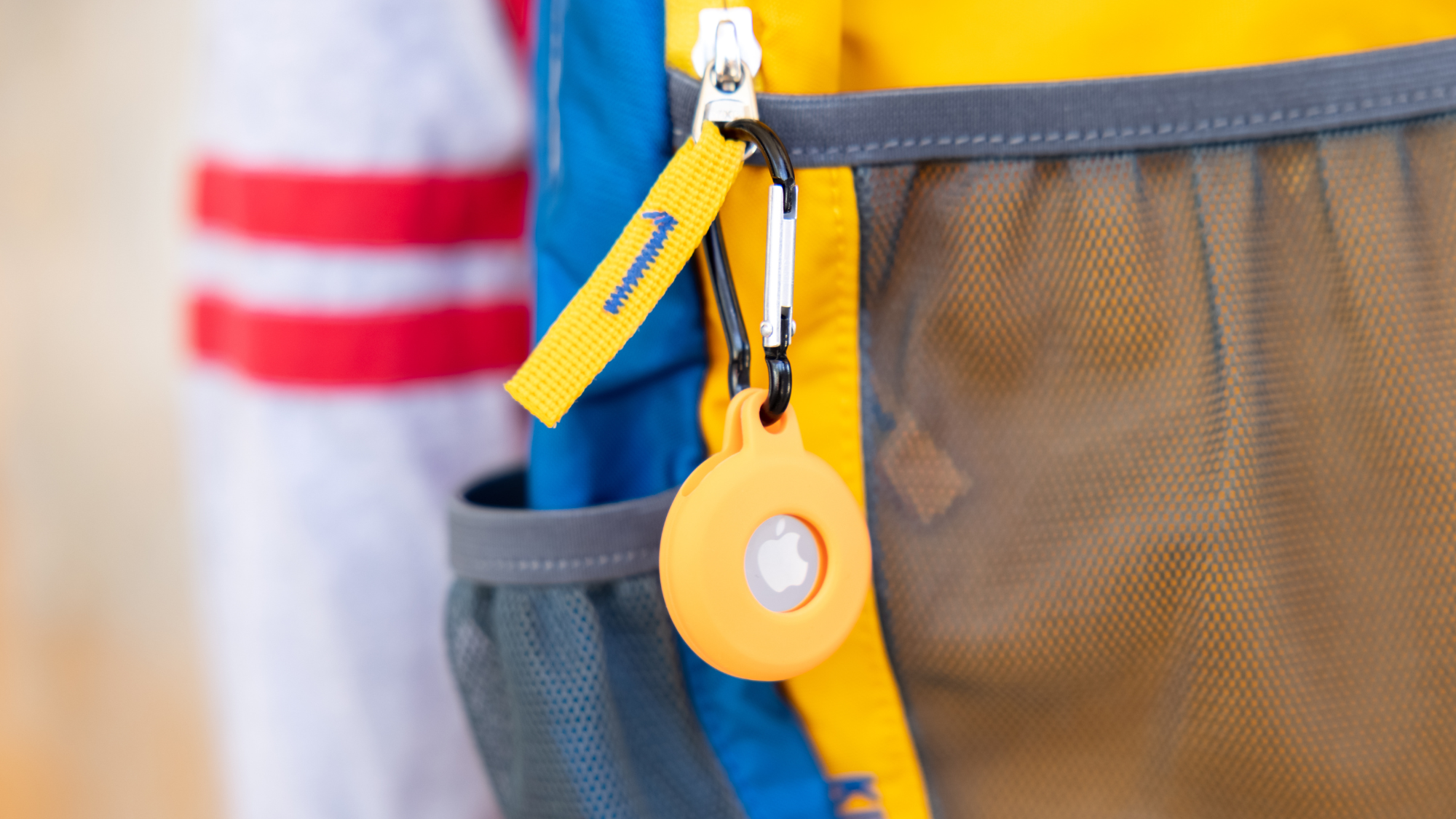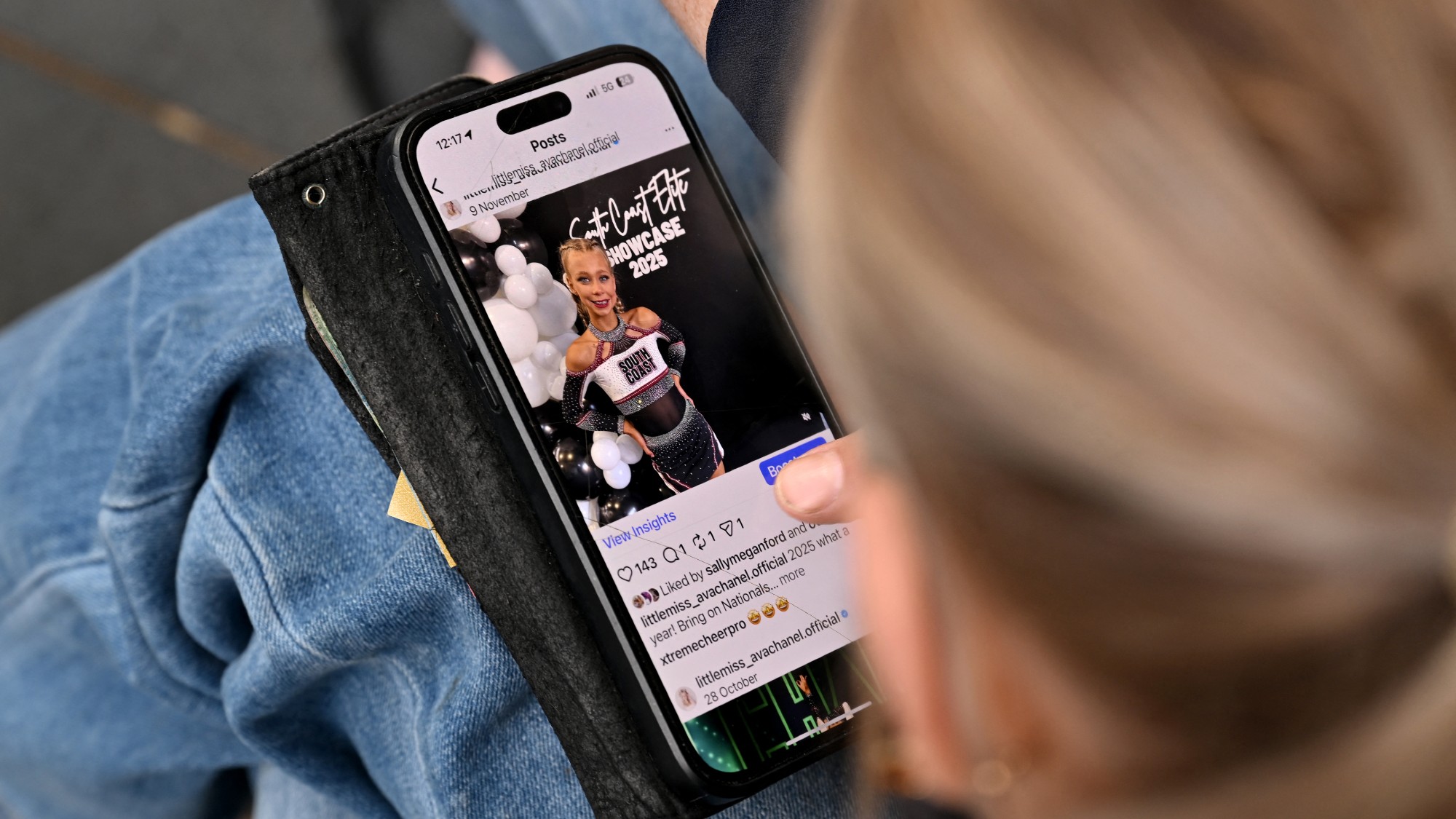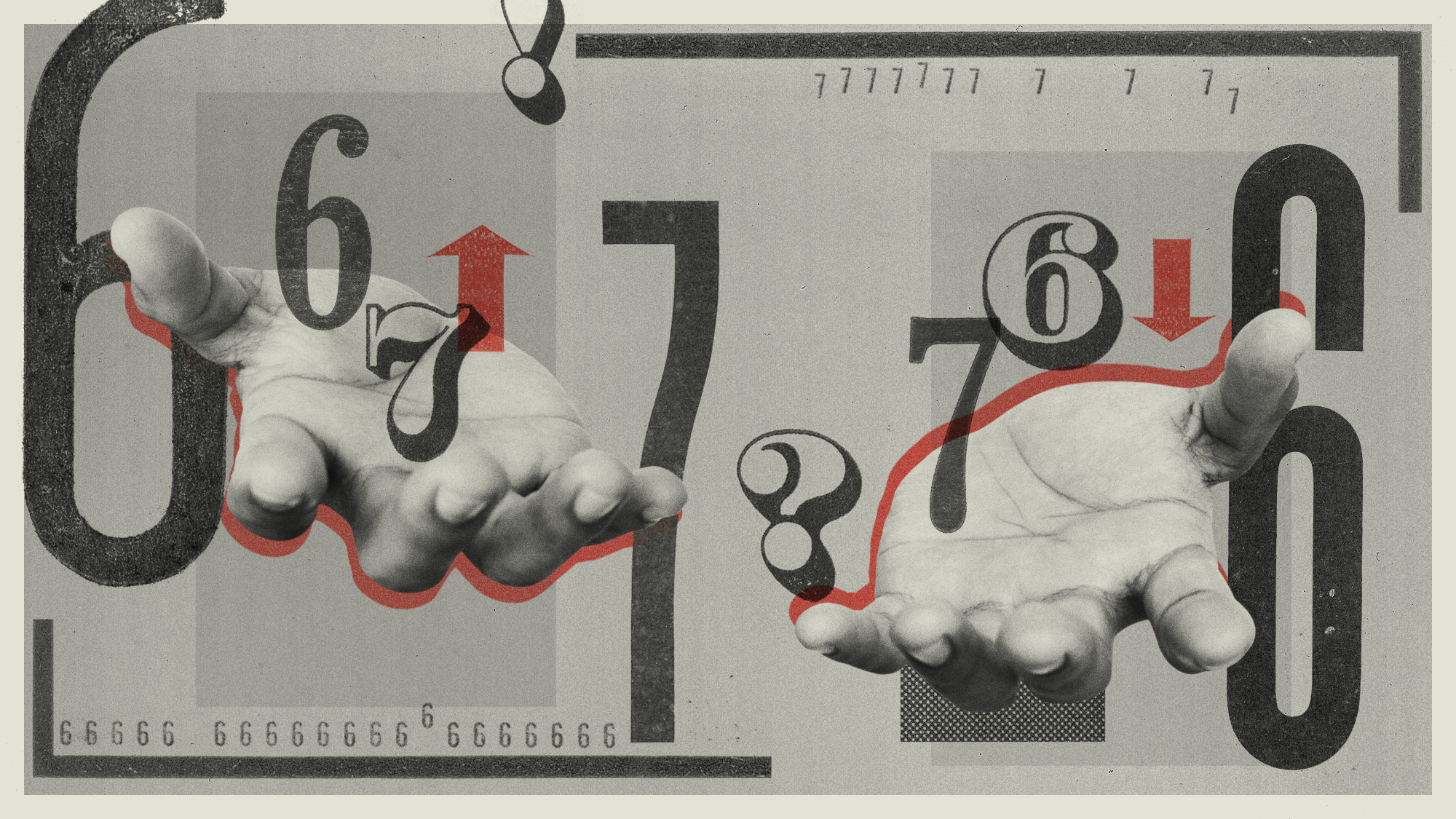Sharenting: does covering children's faces on social media protect them?
Privacy trend has 'trickled down' from celebrity parents but it may not protect your kids

A free daily email with the biggest news stories of the day – and the best features from TheWeek.com
You are now subscribed
Your newsletter sign-up was successful
The trend of "popping an emoji" over children's faces when posting pictures of them online started with celebrities like Gigi Hadid, Meghan Markle and Mark Zuckerberg and has "trickled down to us civilians", wrote Katie Rosseinsky in The Independent.
But this gesture towards protecting children's privacy could be luring parents into a sense of false confidence, with some online safety experts suggesting that such measures are merely "security theatre".
Cautious or paranoid?
Whether to "post your kids or not to post your kids" is a "very modern" and "contentious parenting issue", said Rosseinsky. Between over-sharers documenting every moment of their child's life to "refuseniks" keeping them off their social media entirely, many of us choose a third option: digitally obscuring their face, often with an emoji. This, in theory, lets parents share "dispatches from daily life", and the "dopamine rush" of engagement that comes with it, "while also shielding the youngsters from the ills of social media".
The Week
Escape your echo chamber. Get the facts behind the news, plus analysis from multiple perspectives.

Sign up for The Week's Free Newsletters
From our morning news briefing to a weekly Good News Newsletter, get the best of The Week delivered directly to your inbox.
From our morning news briefing to a weekly Good News Newsletter, get the best of The Week delivered directly to your inbox.
Although "emoji-over-face" parents are often accused of being "overly cautious or even paranoid", said Lauryn Higgins on Huffington Post, in a time when every post can become "permanent, searchable and exploitable", perhaps they're being "careful" and "smart"?
Keeping a child's face out of sight protects them from "web crawlers" – bots that search websites and categorise the content on them, Joanne Orlando, a digital wellbeing researcher at Western Sydney University, told ABC News. Covering their face prevents their likeness being used to train large-language model generative AI. "What that means for parents is the face, or parts of their child's face, will come up in people's creations of an image," said Orlando. "In the worst instance, it will be your child's face and someone's naked body."
Not mine to reproduce
Online warnings about "AI being able to magically reconstruct faces from emoji-covered photos" are "scaremongering", cybersecurity specialist Lisa Ventura told Rosseinsky. But it's true that "putting an emoji over a child's face provides virtually no real privacy protection whatsoever", simply because "most parents aren't just posting one carefully emoji-protected photo" but rather "multiple images over time". Taken collectively, these can reveal huge amounts of information about the children in them, from glimpses of a school uniform to details of where they live, which all "builds a profile".
Relying on emojis alone is a "way of performing your concerns about privacy", rather than "doing anything truly meaningful to address them", said Rosseinsky. Ultimately, it might be a "gesture that's more about the parents than the kids".
A free daily email with the biggest news stories of the day – and the best features from TheWeek.com
There's always the option to keep your children out of your online life. After my daughter was born, said The i Paper's Rebecca Reid, I took "thousands and thousands of pictures", but ultimately "did nothing with them", after learning how "abuse images" can be generated using "totally innocent, fully clothed" pictures. Now, "if there's a picture I really want to share", I put an emoji over her face, then upload a screenshot of the modified image, for an extra layer of protection.
Her "right to anonymity" comes first, even if it occasionally makes things "tense" with snap-happy friends or fellow parents. Beyond safety concerns, her childhood simply "isn't mine to reproduce online to entertain people", some of whom I barely know, on social media. It's her "real life, and it belongs to her". "It's my job to keep her digital footprint tiny until she can make an informed choice."
Chas Newkey-Burden has been part of The Week Digital team for more than a decade and a journalist for 25 years, starting out on the irreverent football weekly 90 Minutes, before moving to lifestyle magazines Loaded and Attitude. He was a columnist for The Big Issue and landed a world exclusive with David Beckham that became the weekly magazine’s bestselling issue. He now writes regularly for The Guardian, The Telegraph, The Independent, Metro, FourFourTwo and the i new site. He is also the author of a number of non-fiction books.
-
 Political cartoons for February 15
Political cartoons for February 15Cartoons Sunday's political cartoons include political ventriloquism, Europe in the middle, and more
-
 The broken water companies failing England and Wales
The broken water companies failing England and WalesExplainer With rising bills, deteriorating river health and a lack of investment, regulators face an uphill battle to stabilise the industry
-
 A thrilling foodie city in northern Japan
A thrilling foodie city in northern JapanThe Week Recommends The food scene here is ‘unspoilt’ and ‘fun’
-
 Child-free train carriages: has push for adults-only spaces gone too far?
Child-free train carriages: has push for adults-only spaces gone too far?Talking Point Under-12s ban on premium commuter train carriages in France sparks backlash across the political divide
-
 The 8 best animated family movies of all time
The 8 best animated family movies of all timethe week recomends The best kids’ movies can make anything from the apocalypse to alien invasions seem like good, wholesome fun
-
 Is a social media ban for teens the answer?
Is a social media ban for teens the answer?Talking Point Australia is leading the charge in banning social media for people under 16 — but there is lingering doubt as to the efficacy of such laws
-
 How Utah became a media focal point
How Utah became a media focal pointIn Depth In producing the stars of #MomTok and reality TV alike, Utah has emerged as a media powerhouse
-
 Should parents stop tracking their kids?
Should parents stop tracking their kids?Talking Point Experts warn the line between care and control is getting murkier – and could have consequences
-
 Australia’s teens brace for social media ban
Australia’s teens brace for social media banIn The Spotlight Under-16s will be banned from having accounts on major platforms
-
 Are boomers the real phone addicts?
Are boomers the real phone addicts?In The Spotlight There’s an ‘explosion in screentime’ among older people – and they’re more vulnerable to misinformation
-
 The six-seven meme that has taken over the world
The six-seven meme that has taken over the worldIn the Spotlight With roots in rap and basketball, the phrase has young people obsessed, and it could be here to stay